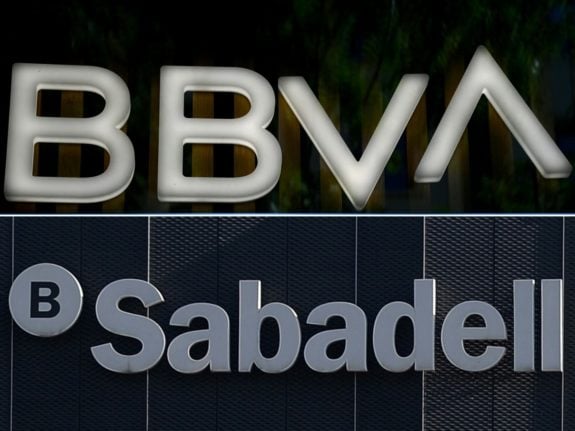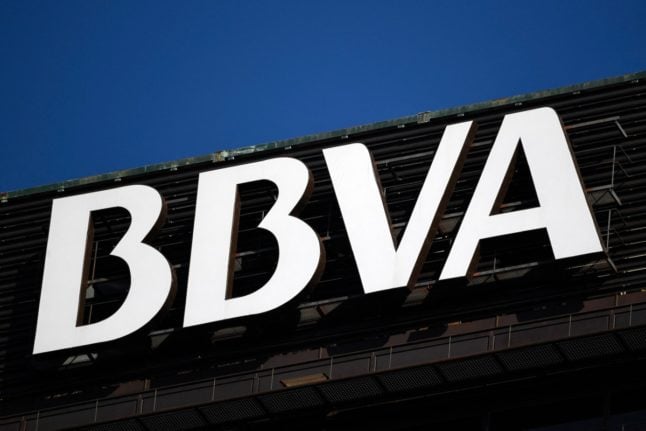Sabadell’s board had “carefully considered the proposal” but had concluded that it was “not in the best interest” of the bank and its shareholders, it said in a statement sent to Spain’s CNMV markets commission.
“The board believes that the proposal significantly undervalues the potential of Banco Sabadell and its standalone growth prospects,” it explained, saying it was “highly confident in Banco Sabadell’s growth strategy and its financial targets”.
It also pointed to the recent “decline and volatility in the BBVA share price” which reflected “the uncertainty around the value of the proposal”.
A merger would have created a banking powerhouse capable of competing with Santander — Spain’s leading bank — as well as with major European banks like HSBC and BNP Paribas.
On April 30, BBVA informed the CNMV it had reached out to its smaller rival “to explore a potential merger between the two entities” but gave no further information on the possible tie-up.
Banco Sabadell confirmed receiving “a written proposal… about a merger” and pledged to “carefully analyse all aspects of the proposal”.
BBVA, which also has operations in Mexico, Argentina and Turkey, is Spain’s second-largest banking group in terms of capitalisation and has 74.1 million customers.
Sabadell, which ranks fourth, operates in 14 countries and has nearly 20 million customers.
News of the merger proposal had won a mixed reaction on Madrid’s Ibex 35 exchange, with analysts saying it was due to the unequal nature of such a tie-up.
The two banks had initially announced a plan to merge in November 2020 with the aim of better weathering the economic crisis triggered by the Covid-19 pandemic.
But it was scrapped just 10 days later, with Sabadell saying that BBVA’s offer did not reflect the real value of its business.
In the ensuing months, Sabadell undertook a major restructuring plan to slash costs that resulted in 1,800 redundancies, with BBVA going through a similar process, shedding 3,000 jobs.
Both have since recovered as has the wider Spanish banking sector which posted record profits in recent months, despite an exceptional windfall tax imposed by Spain’s left-wing government to help households cope with soaring consumer prices.



 Please whitelist us to continue reading.
Please whitelist us to continue reading.
Member comments